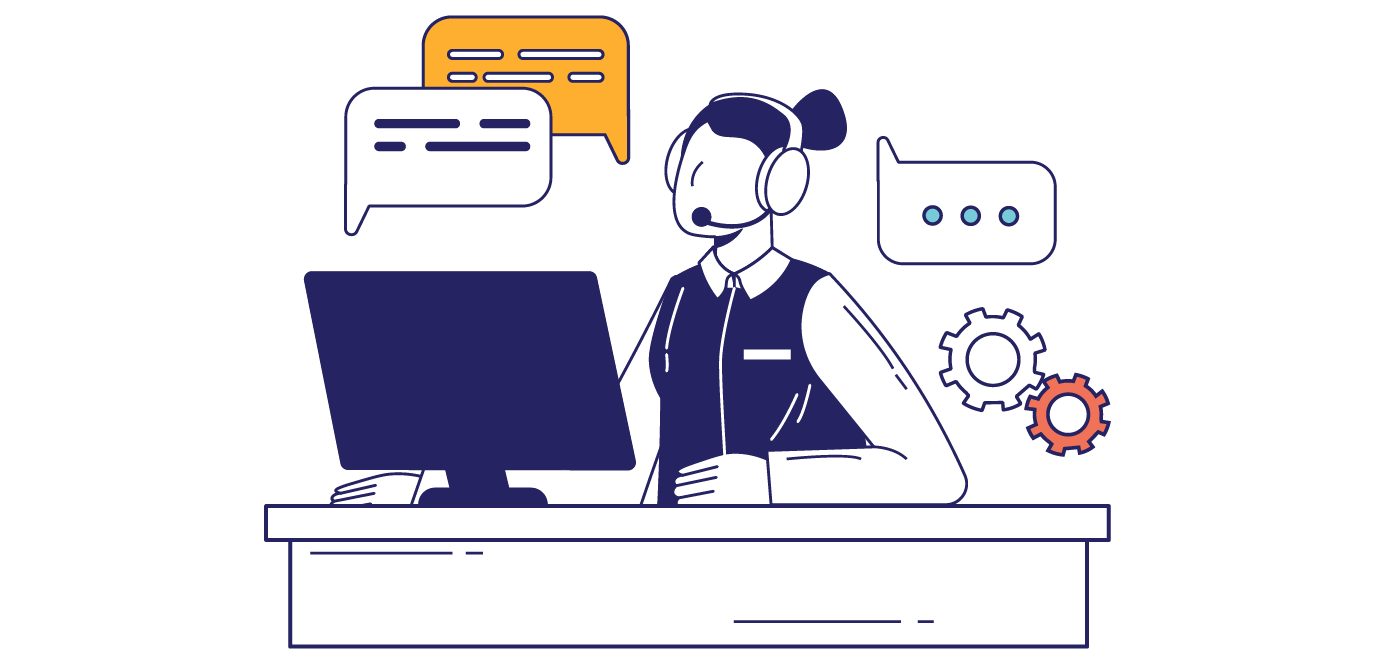
Information on Call Recording Laws
Call recordings are a great feature of your Kixie service. They enable you to retrieve valuable information from previous phone conversations in order to improve your internal processes like employee onboarding, account management and sales.
This article is meant to provide you with some guidelines on call recordings. It’s not legal advice, so we always recommend you consult your legal team to make sure you have everything above board.
Two-Party Consent States in the U.S.
In the U.S., some states require more than one party’s consent to record a call. These are commonly called “two-party consent” states, and in these cases you’ll need to make sure that everyone involved consents to being recorded on a call.
In the other U.S. states, or the one party recording states, you’ll only need consent from one of the people participating in a call in order to record it (“one-party consent”). You won’t need to do anything else to comply with the laws of one-party consent states, assuming of course that you yourself are a consenting party.
As of 2023, here are the states that require two-party consent: California, Connecticut, Delaware, Florida, Maryland, Massachusetts, Michigan, Montana, Nevada, New Hampshire, Pennsylvania, Vermont, and Washington State.
For more general information on the subject, you might want to take a look at the Digital Media Law Project’s article on some of the basics of state recording laws.

Call Recording Laws in Canada
Under into its electronic privacy law (PIPEDA), Canada has established a single set of rules for call recordings. For more details on Canada’s approach, you can take a look at the Privacy Commissioner’s Guidelines for Recording Customer Calls.
Call Recording Laws in the UK
You can read about the UK’s approach to call recording laws by checking out Wikipedia’s page on telephone recording laws, Ofcom’s FAQ page for the regulations, or VanillaIP’s quick summary on the subject.
Call Recording Laws in Other Countries
Every country has its own laws regarding call recordings. Before making a call to a new country, we recommend making sure that you and your legal team have an understanding of any regulations there, and always obtain consent if you’re not sure.
Suggested Practices to Establish Two-Party Consent
Some suggestions to help with compliance:
- On inbound calls, Kixie can set up a pre-recorded message which alerts the caller that calls will be recorded for quality assurance.
- On outbound calls, train your reps to alert the caller that they call will be recorded for quality assurance.
- See here for the various options you have for handling call recordings on your Kixie account, such as automatically not recording outbound calls to two-party consent states.
Disclaimer: This article does not constitute legal advice, and is not meant to substitute for the advice of a lawyer in any way.
You might also be interested in...

Read More
What is Revenue Operations?





